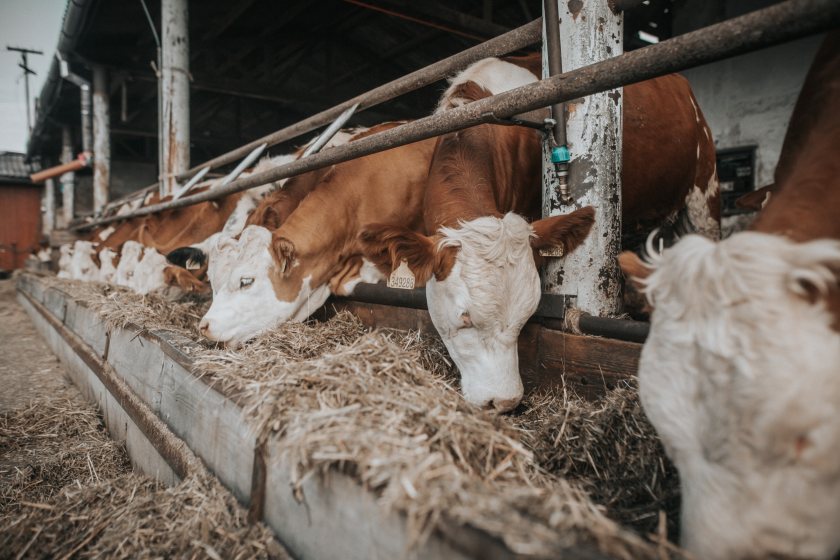
The Dutch firm behind Bovaer, the methane reducing feed additive, has slammed the current 'fake news' and 'misinformation' surrounding the product.
dsm-firmenich has responded to the recent backlash on social media which has seen UK on-farm trials of Bovaer heavily criticised.
Dairy co-operative Arla recently unveiled that it would test the feed additive on more than 30 farms.
Authorities including the UK Food Standards Agency (FSA) and the European Food Safety Authority (EFSA) consider the supplement safe for cows to eat.
Use of the additive has been given the green light in numerous other countries, including Australia, Brazil and Canada.
But there has been significant backlash to Arla's announcement on social media, particularly due to concern over the consequence of the additive on animal and human health.
The NFU has also since responded, admitting that 'questions remain' over the impact of long-term usage.
The union added that it was critical to have a strong evidence base to give farmers the confidence to use these products.
But dsm-firmenich, developers of Bovaer, said that the additive had been in "commercial use for several years without any safety or quality concerns, and no traces have been found in milk".
"Regulatory authorities and food safety authorities across the globe have approved Bovaer," the firm said in a statement.
"The cows fully metabolise the product, and it does not appear in milk or meat.
"Bovaer has undergone rigorous safety assessments and is approved for use in Great Britain.”
The feed supplement was developed over 15 years in response to the need to reduce methane emissions from cattle.
dsm-firmenich said these emissions were a 'significant contributor to global warming' and Bovaer was an 'important development in the fight against climate change'.
The firm added: "The current misinformation around Bovaer is just another example of how scare stories can proliferate online.
"'Fake news' is now incredibly common, but we should stick to the facts: this is an important scientific innovation in the fight against climate change.
"It has been confirmed as totally safe, both for the cow and for consumers of milk and dairy products," the company concluded.
